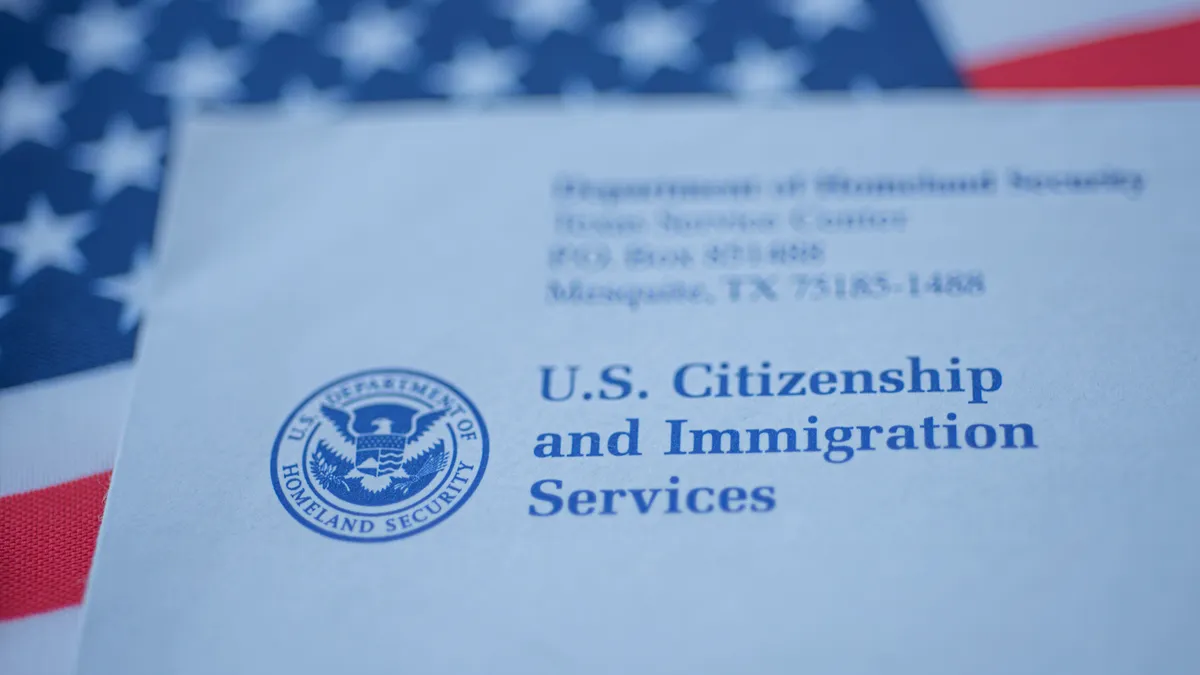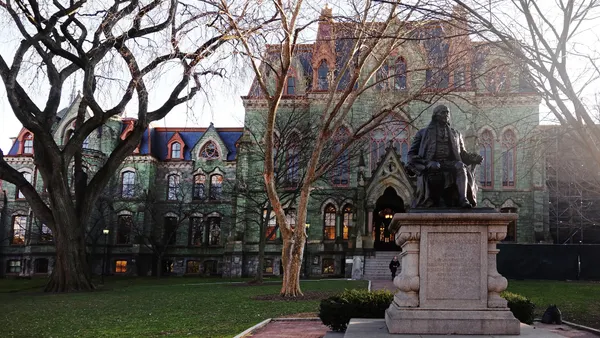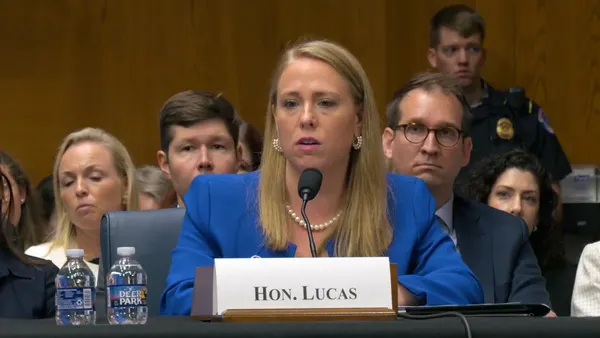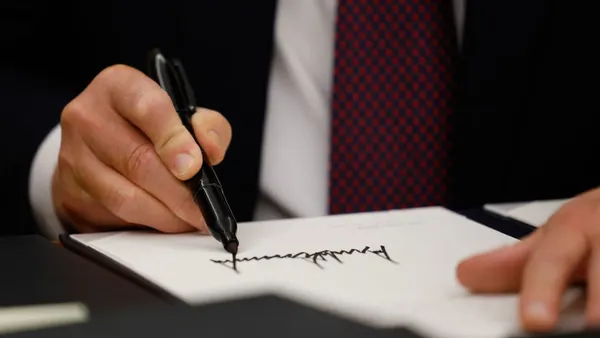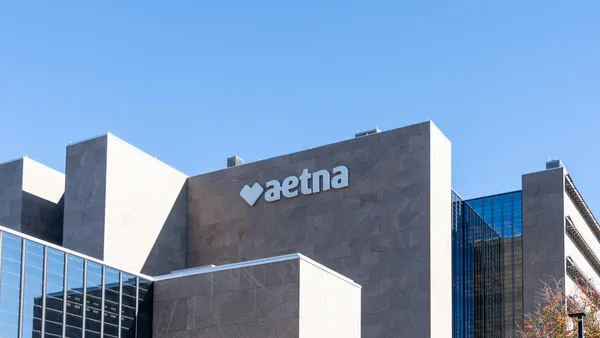Dive Brief:
- The U.S. Treasury Department launched an online payment website for employers to pay President Donald Trump’s $100,000 fee on new H-1B visa petitions, according to an update Monday from the U.S. Citizenship and Immigration Services.
- USCIS said the fee applies to new H-1B petitions filed on or after Sept. 21 on behalf of beneficiaries who are outside the U.S. and do not have a valid H-1B visa, or whose petitions request consular notification, port of entry notification or pre-flight inspection. Payment must be made prior to filing a petition with USCIS, per the agency.
- Separately, USCIS’ update clarified that the fee requirement does not apply to petitions requesting an amendment, change of status or extension of stay for noncitizens who are inside the U.S., if that request is granted by USCIS. If it is not granted, then the fee applies.
Dive Insight:
Trump’s proclamation announcing the H-1B fee left employers with plenty of unanswered questions. While Monday’s update provides some clarity, the policy’s future is still uncertain in part because business groups, employers, unions, lawmakers and other stakeholders oppose it.
At least two lawsuits have been filed seeking to enjoin the fee proclamation — one by the U.S. Chamber of Commerce in Washington, D.C., and another by a group of plaintiffs in California. Both similarly alleged that the H-1B fee violates the constitutional separation of powers as well as the Administrative Procedure Act. The complaints also warned of negative effects on U.S. employers that depend on the H-1B program to attract skilled foreign workers.
In a letter to Trump and Secretary of Commerce Howard Lutnick, a bipartisan group of congressional lawmakers agreed to the need for reform of the H-1B program while expressing concerns about the potential effects of the fee on U.S. employers’ ability to compete with their global counterparts for talent.
“The recently announced H-1B visa changes will undermine the efforts of the very catalysts of our innovation economy — startups and small technology firms — that cannot absorb costs at the same level as larger firms,” the lawmakers wrote.
Trump and the White House have said the fee is necessary to combat “systemic abuse” of the H-1B program by employers that seek to artificially suppress wages at the cost of reduced job opportunities for U.S. citizens. In addition to the fee imposed on new visa petitions, the administration issued a proposed rule to change its selection process for H-1B visas to be weighted in favor of higher-paying offers.
USCIS’ guidance noted that the Secretary of Homeland Security may grant other exceptions to the H-1B fee in “extraordinarily rare” circumstances where:
- A beneficiary’s presence is in the national interest.
- No American worker is available to fill the role.
- The beneficiary does not pose a threat to U.S. security or welfare.
- Requiring payment from the employer would significantly undermine U.S. interests.
The agency provided an email address to which employers could send requests for fee exemption along with supporting evidence.
Employers planning to file for new H-1B visas should plan to pay the fee unless litigation results in some kind of change, Akshat Divatia, attorney at law firm Harris Sliwoski, wrote in an article Tuesday. Divatia noted that some of the criteria for exemptions outlined by USCIS may conflict with congressional design of the H-1B program, and that employers “should watch closely how the courts respond” to such arguments.



